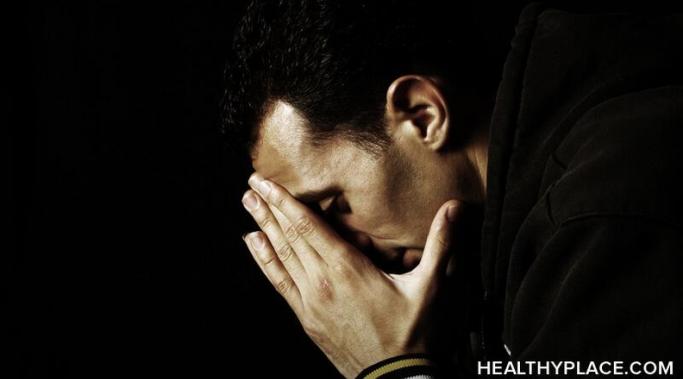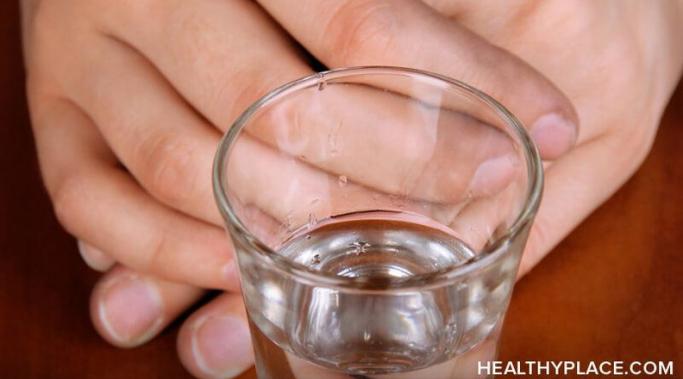Completing treatment for an addiction to drugs and/or alcohol can make you feel as though you have won a difficult battle. And while this is true, it is also important to keep in mind that support systems can be an extremely beneficial way for you to receive the ongoing encouragement necessary for remaining successful in your addiction recovery (Importance of Drug Addiction Support).
Addiction – Mental Health Treatmeant Circle
Does your child know about your addiction? Although you may not have formally talked to your child about your drug addiction or alcoholism, depending on your child's age, there's a good chance they already recognize there's a problem (Children See the Truth No Matter What We Say). If that's the case, you may be thinking, "How do I talk to my child about my addiction?"
Undiagnosed trauma can lead to substance abuse, and unfortunately, it happens too often. Trauma affects our brains and our lives in ways we can't imagine. From the isolating devastation of a loved one’s suicide to the shared grief of a population under attack, trauma touches our lives in myriad ways, with each experience exacting a unique toll on those affected.
One of the problems some undiagnosed trauma sufferers experience is substance abuse. People with undiagnosed trauma may turn to substance abuse to soothe their troubled minds. Why is this?
Overcoming trauma can be difficult to do on your own. For many people, the decision to enter residential treatment for help overcoming trauma can be difficult. However, ultimately, individuals often find that trauma treatment can be quite restorative.
During the residential treatment process, healing from trauma does occur. Yet after residential treatment is complete, a person is faced with the prospect of leaving the treatment center and reentering their outside life. This can be a difficult adjustment, but it is possible to make the transition and continue the process of overcoming trauma.
Real men don’t cry. Be the strong silent type. Don’t be a wuss.
Starting when they are boys, men are bombarded with messages about how to “be a man.” Often these messages are filled with imperatives to be like a rock—unemotional, isolated, self-sufficient, and immovable. To varying degrees, men internalize these values and judge themselves according to how well they measure up. Unfortunately, though, attempts to live up to these values can have disastrous results.
It is no secret that the holidays are stressful for everyone, however, for someone with a mental health disorder, they can be derailing. All of the additional activity and added responsibilities can prove to be too much excitement, or can cause the development of additional challenges for those with various mental health diagnoses. Here are some things that come about during the holidays that can make it especially hard for those who are struggling with a mental health disorder.
You wake up in the morning feeling horrible, your head is pounding, and you feel ashamed as well as furious with yourself. You tell yourself over-and-over again that today is the day you are going to stop drinking, that you will never again pick up a bottle. However, at the end of the day, you find yourself pulling up to the liquor store convincing yourself that you deserve to have a drink after such a stressful day and the cycle begins again.
If you have just completed an addiction treatment program and are returning home, the idea of what the future holds can be pretty frightening. Your alcohol or drug rehab program provided you with a structured and secure environment that sheltered you from the stressors of the outside world and greatly minimized your triggers. You may be wondering if you can continue to stay sober, how friends and family members are going to react, and how hard it may be to adjust to life once again.
In all honesty, the first week of addiction treatment at an inpatient drug rehab center is probably not going to be pleasant. I’m not saying this to scare you, but to prepare you for what is most likely going to be a rough week.
What's it like when you first enter a chemical dependency program?
Chemical dependency, or addiction, is a prominent public health problem that affects millions of individuals and causes a significant amount of problems. Drug or alcohol addiction can tear families apart, leave lasting physical damage, and ultimately ruin a person’s life. (read: Effects of Drug Addiction) Trapped in the cycle of addiction, many individuals begin to feel worthless and lose all hope for the future; but it doesn't have to be that way.









